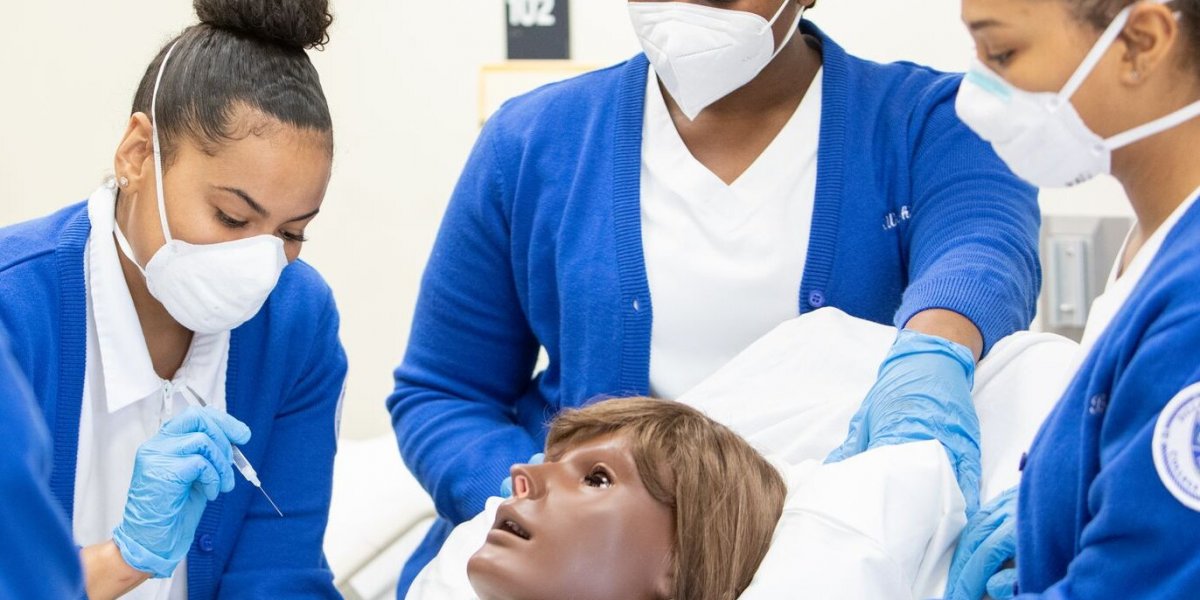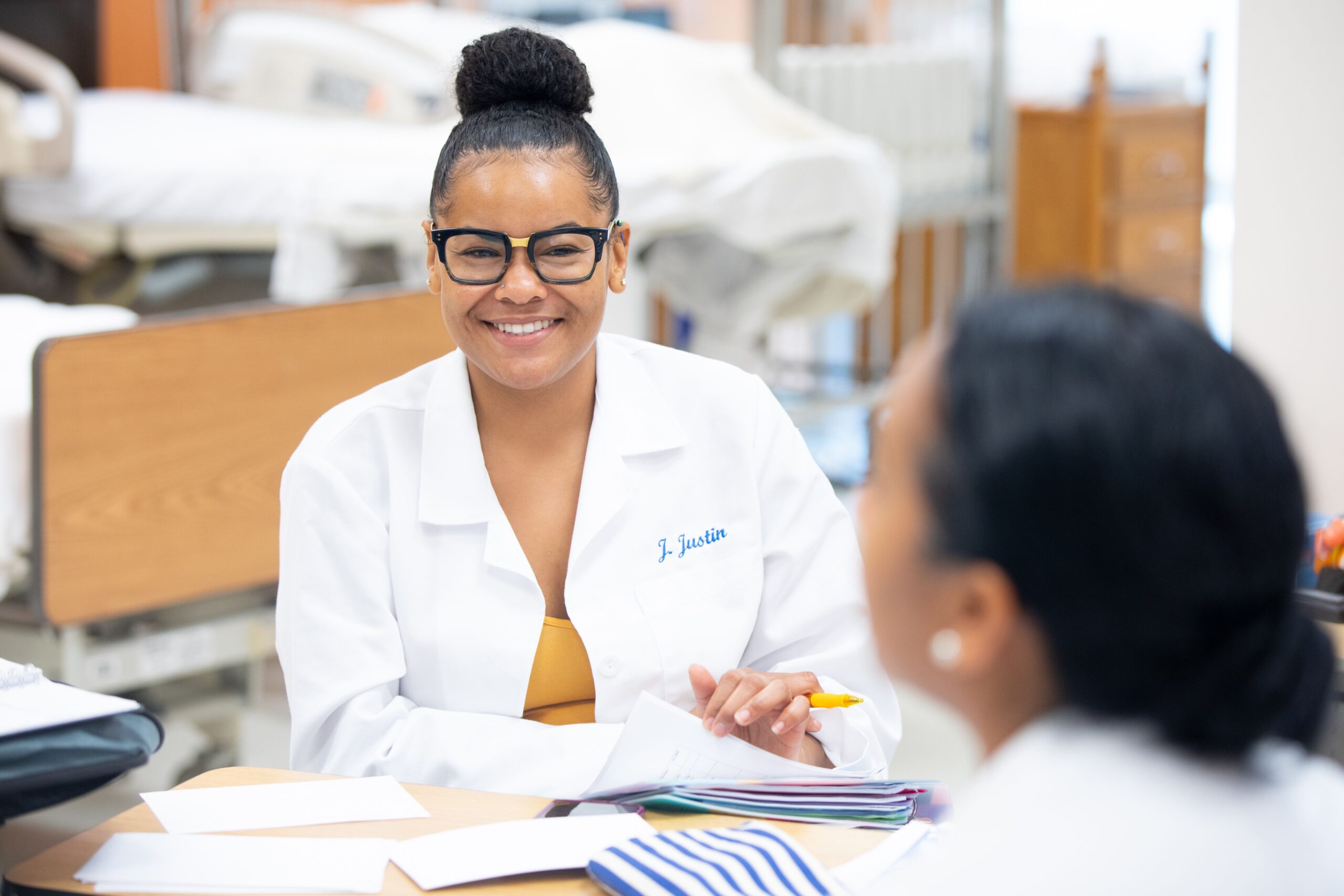Home » Academics » College of Arts & Sciences » School of Population & Health Sciences

Degrees & Certificates
Historically Black University in Louisiana
Students to faculty ratio
Advancing your education to improve the lives of communities demands commitment, dedication, and guidance. At the School of Population and Health Sciences, students explore the intersection of social, biological, and environmental elements of health to become positive change agents. How students learn in a course is inextricably tied to the environmental, developmental, and individual contexts in which learning occurs.

The School of Population and Health Sciences employs a holistic approach to promote your development, where we address the “whole person”, complement your academic progress with other initiatives (what they learn and how they develop knowledge and skills to prepare them for life after college and their chosen professions), and account for the development of needs for special populations such as international students, athletes, Lesbian Gay Bisexual Transgendered Allies or “LGBTA” students, et al. We create inclusive learning environments for the cultural, contextual, developmental, and historical diversity of learners; design learning experiences relevant to developmental stages and norms, and set developmental appropriate learning expectations.
To accomplish this, we:
We are committed to providing academic and co-curricular opportunities that encourage students' development as engaged learners, purposeful leaders, responsible global citizens, and change agents.
We are committed to providing educational experiences for students to conduct themselves with the expected qualities of a healthcare professional, who adheres to moral and ethical principles.
We are committed to providing a welcoming environment to all people and to work to ensure that all have access to wealth, health, well-being, justice, privileges, and opportunities.
We are committed to providing opportunities to allow all people to attain their full health potential and protect all so no one is disadvantaged from achieving this potential because of social position or other socially determined circumstances.
We are committed to providing people the means to understand, appreciate, and interact with persons from cultures and/or belief systems other than their own.
We are committed to providing communities the assistance to develop the capability to collectively take action toward achieving shared and specific health and wellness goals.